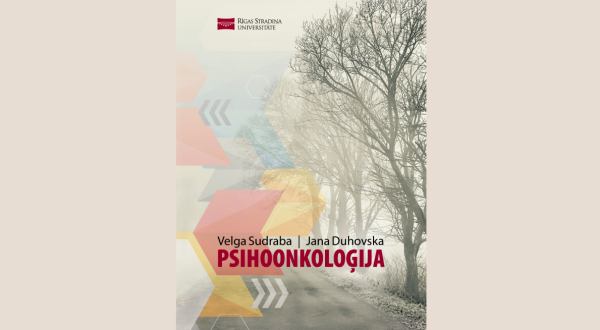Dissertation on the Risk Factors for Depression and Recurrent Coronary Heart Disease
This study aims to investigate changes in oxidative stress biomarker levels and their possible correlation with depression and the risk of recurrent coronary heart disease.
Oxidative stress is an imbalance between antioxidants (substances that help prevent cell damage) and free radicals (compounds that damage cells) in the body. Oxidative stress is one of the mechanisms that may explain the development of cardiovascular disease and depression and can therefore be considered a risk factor for both diseases. There is evidence that these diseases very often occur together. As cardiovascular disease is the leading cause of death worldwide, it is important to investigate how diagnosis, treatment, and prevention can be improved to reduce the risk for re-hospitalisation.
The study compared patients admitted to the hospital with coronary heart disease, either for the first time or repeatedly. Their blood samples were taken to assess markers of oxidative stress (GPx and MDA). Next, depression symptoms were assessed using a special geriatric depression scale.
174 patients took part in the study. More than half showed moderate or severe depressive symptoms, with higher scores among patients who were readmitted to the hospital with coronary heart disease. Data on the possible use of the MDA marker for diagnostic purposes are inconclusive. However, changes in GPx levels can be used to predict the recurrence of the disease, as patients with high GPx levels and depression have a 10.6 times higher risk of recurrent CHD compared to those without depression and normal GPx levels. This means that the GPx level and the Geriatric Depression Scale score can be used in patients aged ≥45 years to determine the risk for recurrent coronary heart disease.
The method is fast, informative, and reliable. It can be used by general practitioners, cardiologists, gerontologists, psychiatrists, and other medical professionals involved in the treatment of coronary heart disease.
By early identifying patients at risk, it is possible to evaluate the need for antioxidant and antidepressant therapy and pay more attention to patient parameters.
Supervisors: RSU Assoc. Prof. Vladimirs Voicehovskis and RSU Prof. Oskars Kalējs.
Tarass Ivaščenko will defend his dissertation “Gpx and MDA Oxidative Stress Markers and Severity of Depression as Predictives of Recurrent Stable Coronary Heart Disease” on 23 January 2023.
Related news
 Book on psycho-oncology: resource for studies, professional practice and patient supportPsychology, For Students, Books
Book on psycho-oncology: resource for studies, professional practice and patient supportPsychology, For Students, Books


